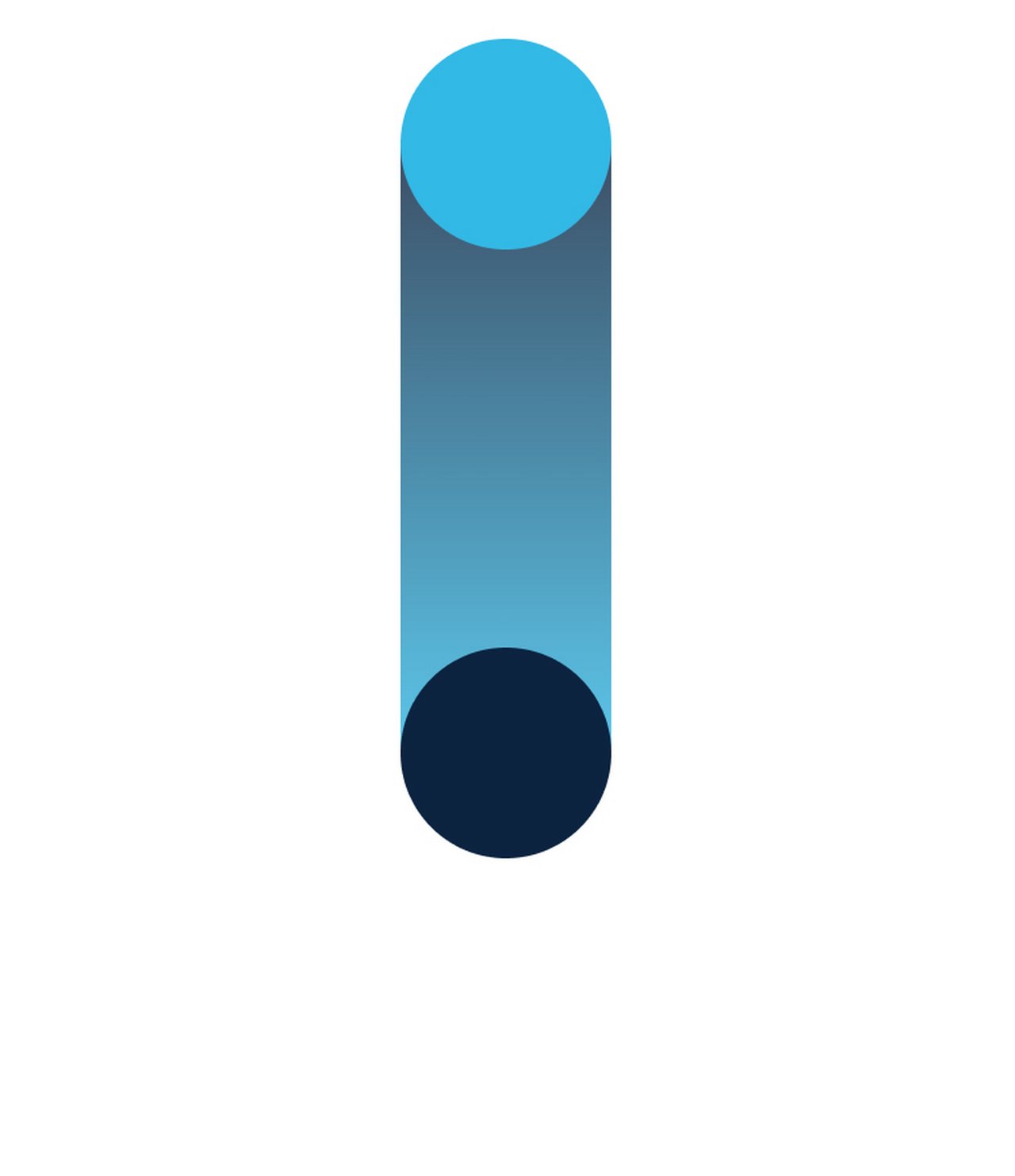
Fintechs and Banks – Friends or Foes?
In recent years, fintechs have shaken up the financial services market. They are fast, agile and innovative. And they are taking an ever-bigger piece of the traditional bank’s pie. Conflict is inevitable. Or is it?

Mobile everything
Fintechs support us in our daily lives. Today, 46 percent of consumers use services from at least three fintechs.

Spotting the differences
The world’s best-known fintechs enable us to pay with our smartphones, take out loans with just a few clicks and transfer money across borders – anytime, anywhere and within seconds. But how exactly do fintechs differ from traditional banks?

Special talents
Fintechs tailor their services to customer needs. They are bold and playful, fast and agile.

Fully digitized
They work in networks according to the platform principle. For some of their services, users must grant them access to their bank data. Above all, fintechs are spearheading the digital revolution in the financial services market.

Valuable relationships
The greatest asset of traditional banks is precisely these longstanding customer relationships. Banks protect their customers’ data and thus ensure that payment processes, for example, are secure.

Getting closer
No wonder that 60 percent of banks are now expanding their in-house capabilities to enhance interaction, convenience, ease of use, transparency and value. Just as many see fintechs as attractive partners in efforts to develop new services for their customers.

Pay now
This year, 90 percent of smartphone users will make at least one mobile payment. By 2022, we will be paying almost 30 percent of all our bills for goods and services this way.

Maximum comfort
Next year, nearly three billion users will conduct banking transactions using their smartphone, tablet, PC or smart watch, an increase of 52 percent over 2017. Banks and fintechs must enable a seamless user experience.

New cryptocurrency
The RippleNet payment network, which is based on blockchain technology, now has more than 300 customers worldwide, including many well-known banks and fintechs. Users pay for cross-border transactions within seconds using the XRP cryptocurrency. They no longer need to maintain an account in a foreign currency and thus save prefinancing costs.

More participation
But the best thing is: working together, fintechs and banks can build a more inclusive economy. They can, for example, help the two billion people without bank accounts in the world escape poverty by facilitating investments in their health, education and businesses.

Good prospects
Banks and Fintechs are growing closer. They can still learn a lot from each other. And together they can make the economy more efficient AND more social.
If you would like to get further insights into a broad range of topics that shape our world, please visit Deutsche Bank Research website.
Sources
MOBILE EVERYTHING: World FinTech Report 2017, Cap Gemini
VALUABLE RELATIONSHIPS: World FinTech Report 2017, Cap Gemini
GETTING CLOSER: The Evolution of the Mobile Payment, Tech Crunch 2016;
Global Payments Report 2018, Worldpay
PAY NOW: Digital Banking Users to Reach Nearly 3 Billion By 2021, Representing 1 in 2 Global Adult Population, Juniper Research, 2017
MAXIMUM COMFORT: Blockchain Payment Report, Ripple
MORE PARTICIPATION: 2 billion people worldwide are unbanked – here's how to change this, Word Economic Forum, 2020
See the dossier Coopetition
Banks or fintechs: who will be shaping the future of the financial industry?
See the dossier See the dossierRecommended content
Digital Disruption / Opinion
Banks and fintechs: potential partners, rather than competitors From trend to innovation
Gil Perez, Head of Strategy & Innovation Networks at Deutsche Bank, talks about industry trends, the art of innovation and how to bring solutions from fintechs and start-ups into the bank.
Banks and fintechs: potential partners, rather than competitors Potential partners, rather than competitors?Digital Disruption / Opinion
more Blurred lines: how Fintechs are changing the future of the financial industry
Fintechs have become an important player in the financial industry. What form does the cooperation between banks and fintechs take? Ramin Niroumand, founder and CEO of finleap in Berlin, has an answer.
more moreDigital Disruption / Story
The best of both worlds The best from both worlds
Banks are more than just financial service providers. Take a look at how we are developing new services with young tech companies.
The best of both worlds Beyond traditional financial services





